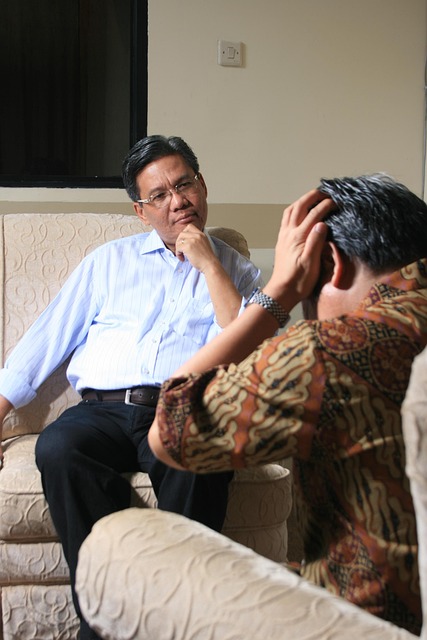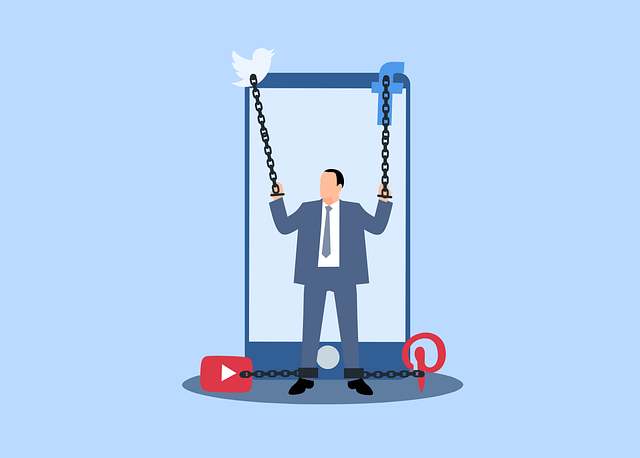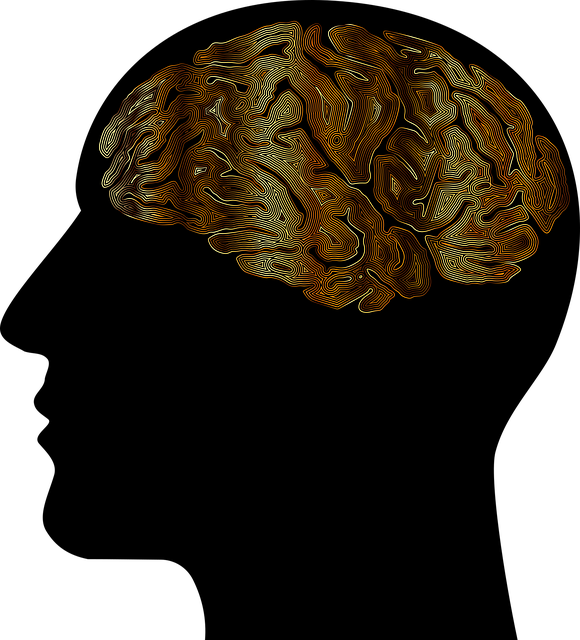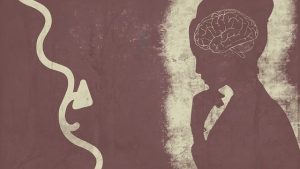Obsessive-Compulsive Disorder (OCD) is a complex mental health condition characterized by intrusive thoughts and repetitive behaviors. Treated primarily through mental health counseling, including Cognitive Behavioral Therapy (CBT) and Exposure and Response Prevention (ERP), it involves challenging negative thought patterns and learning healthier coping strategies. Local therapy options include CBT, ERP, support groups, and community resources, all aimed at comprehensive symptom management and improved quality of life for individuals with OCD.
Obsessive-Compulsive Disorder (OCD) affects millions, impacting daily life with intrusive thoughts and repetitive behaviors. This article explores comprehensive local therapy approaches to combat OCD, focusing on evidence-based methods like mental health counseling, cognitive behavioral therapy (CBT), and exposure and response prevention (ERP). We delve into the power of support groups and community resources, providing a holistic view of how individuals can overcome OCD and reclaim their lives. Discover effective strategies for managing symptoms and improving overall well-being through local treatment options, including the crucial role of mental health counseling.
Understanding Obsessive-Compulsive Disorder (OCD): Symptoms and Causes

Obsessive-Compulsive Disorder (OCD) is a common yet complex mental health condition characterized by intrusive thoughts and repetitive behaviors or rituals. Individuals with OCD often experience a persistent feeling of anxiety or distress, known as obsessions, which drive them to perform certain actions, called compulsions, in an attempt to alleviate their symptoms. These obsessions and compulsions can significantly impact daily life, interfering with routines, relationships, and overall well-being. Common themes include excessive worry about contamination, symmetry, or doubt, leading to repetitive cleaning, checking, or counting behaviors.
While the exact causes of OCD are not fully understood, researchers believe it involves a combination of genetic, neurological, and environmental factors. Mental health counseling, including cognitive-behavioral therapy (CBT) specifically tailored for OCD, has proven effective in managing symptoms. CBT helps individuals identify and challenge obsessive thoughts, gradually exposing them to anxiety-provoking situations while learning healthier coping strategies. Understanding the unique presentation of OCD symptoms and accessing appropriate mental health counseling can empower individuals to lead more fulfilling lives despite this challenging diagnosis.
The Role of Mental Health Counseling in OCD Treatment

Mental health counseling plays a pivotal role in treating Obsessive-Compulsive Disorder (OCD). Through one-on-one sessions with a qualified therapist, individuals struggling with OCD can explore and understand the underlying causes of their condition. Mental health counselors employ various evidence-based therapeutic techniques tailored to address specific symptoms, such as exposure and response prevention (ERP), cognitive behavioral therapy (CBT), and mindfulness practices. These approaches help patients challenge and modify unhealthy thought patterns and behaviors associated with OCD, promoting healthier coping mechanisms over time.
In addition to individual therapy, mental health counseling can also facilitate group sessions, providing a supportive environment where individuals share experiences and learn from one another. This collective approach enhances feelings of belonging and understanding, while offering unique perspectives on managing OCD symptoms. Ultimately, regular mental health counseling sessions empower individuals with the skills and strategies necessary for long-term management of their OCD, leading to improved quality of life and enhanced overall well-being.
Local Therapy Approaches for OCD: A Comprehensive Overview

Local therapy approaches for OCD offer a range of effective treatment options tailored to address specific obsessions and compulsions. One prominent method is mental health counseling, which includes Cognitive Behavioural Therapy (CBT) and Exposure and Response Prevention (ERP). CBT helps individuals identify and challenge unhelpful thought patterns associated with OCD, while ERP gradually exposes them to feared situations, teaching coping strategies to resist compulsive behaviours.
Additionally, local support groups facilitate peer-to-peer connections, providing a safe space for sharing experiences and learning from others facing similar challenges. These group therapies foster understanding, reduce feelings of isolation, and offer practical strategies for managing OCD symptoms. Local therapy options ensure personalized care, allowing for a comprehensive approach to treating OCD effectively and improving overall mental health.
Cognitive Behavioral Therapy (CBT): An Effective Local Treatment Method

Cognitive Behavioral Therapy (CBT) is a highly effective local treatment method for OCD, recognized as one of the most successful evidence-based practices in mental health counseling. This therapeutic approach focuses on identifying and modifying negative thought patterns and behaviors that contribute to obsessive-compulsive disorder. CBT empowers individuals to challenge their distorted beliefs and replace them with more realistic, balanced perspectives.
Through structured sessions, CBT helps patients understand the connection between thoughts, feelings, and behaviors. By learning specific techniques, individuals with OCD can develop coping strategies to manage their symptoms. This includes exposure and response prevention (ERP), a component of CBT that gradually exposes individuals to feared situations while preventing them from performing compulsive rituals, fostering a sense of control and reducing anxiety over time.
Exposure and Response Prevention (ERP): Overcoming OCD through Face-to-Face Interaction

Exposure and Response Prevention (ERP) is a highly effective therapy for OCD, focusing on face-to-face interactions to help individuals confront their fears and manage symptoms. This evidence-based approach involves gradually exposing patients to situations or objects that trigger their obsessions while preventing them from performing the habitual coping responses. Through this process, ERP enables people with OCD to learn that their feared outcomes are unlikely to occur and that they can tolerate uncertainty without engaging in compulsive behaviors.
During ERP sessions, a mental health counselor guides the patient through carefully structured scenarios tailored to their specific obsessions. By facing these fears directly, individuals begin to understand the irrationality of their worries and develop healthier coping mechanisms. This face-to-face interaction is crucial as it fosters a deeper understanding of personal triggers and provides an opportunity for immediate feedback and support from the therapist, enhancing the overall effectiveness of the treatment in addressing OCD symptoms and improving quality of life through enhanced mental health counseling.
Support Groups and Community Resources for Local OCD Treatment

For those seeking local therapy for OCD, support groups and community resources play a vital role in complementing traditional mental health counseling. These groups offer a safe and understanding environment where individuals can share their experiences, gain insights from others facing similar challenges, and learn effective coping strategies. Community-based organizations often provide accessible and affordable services, making specialized treatment more attainable for those who may face barriers to care.
Many local support groups are facilitated by mental health professionals or experienced peers who offer guidance and education on OCD management. They encourage open discussions, promote self-help techniques, and foster a sense of belonging among members. Additionally, community resources can include workshops, educational sessions, and online forums dedicated to raising awareness about OCD and offering practical assistance. These initiatives collectively enhance the overall support network available for individuals navigating their OCD journey in a local setting.
